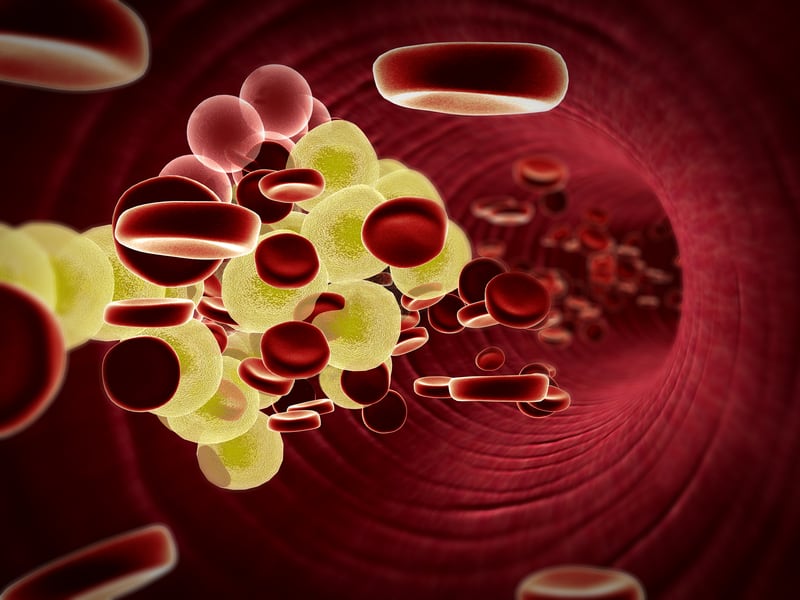The EC has given the thumbs up to 1-Methylnicotinamide chloride (1-MNA), a vitamin-based substance made from nicotinamide used in anti-irritation skin creams to ‘repair and regenerate’ skin.
The Authority has also given its backing to the use of pyrroloquinoline quinone disodium salt (PQQ), an ingredient already marketed in the sports nutrition space as an energy booster or enhancer.
Quoting a maximum level of 58 milligrams per day (mg/day) in its announcement, the EC said “Food supplements containing 1-Methylnicotinamide shall bear the following statement: ‘This food supplement should be consumed by adults only excluding pregnant and lactating women.’”
The EC also set a maximum level of 20mg/day for PQQ as it also set out additional specific labelling requirements that also excluded pregnant and lactating women from this novel food.
Both ingredients satisfy the conditions set out under Directive 2002/46/EC for the adult population excluding pregnant and lactating women in which novel foods may be used.
PQQ points raised
Polish company Pharmena—novel food applicants for 1-MNA— now become the only firm authorised for placing the ingredient on the market within the Union until 2 September 2023.
The condition also applies to the Japanese motor multinational Mitsubishi – which also has a food ingredients business headquartered in the US – who filed a novel food application for PQQ back in 2012.
However in 2016 the Food Safety Authority of Ireland (FSAI) concluded that “additional assessment”was required because of insufficient data to support thePQQ’s safety, in particular its genotoxicity – a concern repeated by fellow member states.
A number of adverse effects were observed at high doses in animal studies submitted, including crystallisation of the ingredient in urine and renal toxicity as well as dark green coloured faeces.
However, on 18 February 2018, the European Food and Safety Authority (EFSA) said of its opinion on PQQ as a novel food, that the data from a bacterial reverse mutation test and an in vivo micronucleus test served as basis to alleviate concerns with respect to PQQ’s potential genotoxity.
Member state concerns
Meanwhile Pharmena, headquartered in Lódź, applied for novel food approval for 1-MNA with the UK Food Standards Agency (FSA) back in May 2013.
Although the UK safety opinion was positive, several member states later raised concerns and as a result was referred over to EFSA for a second opinion.
In February of this year, EFSA’s opinion on 1-MNA referred to an in vitro micronucleus test study with human lymphocytes, which served as the basis to conclude that there were no concerns with respect to the genotoxicity of 1-MNA.
In the diet, 1-MNA can be found in low levels in foods such as brown seaweed Undaria pinnaatifida and green tea leaves, but the human body is mainly exposed to the substance as a product of the metabolism of the B vitamin niacin.



